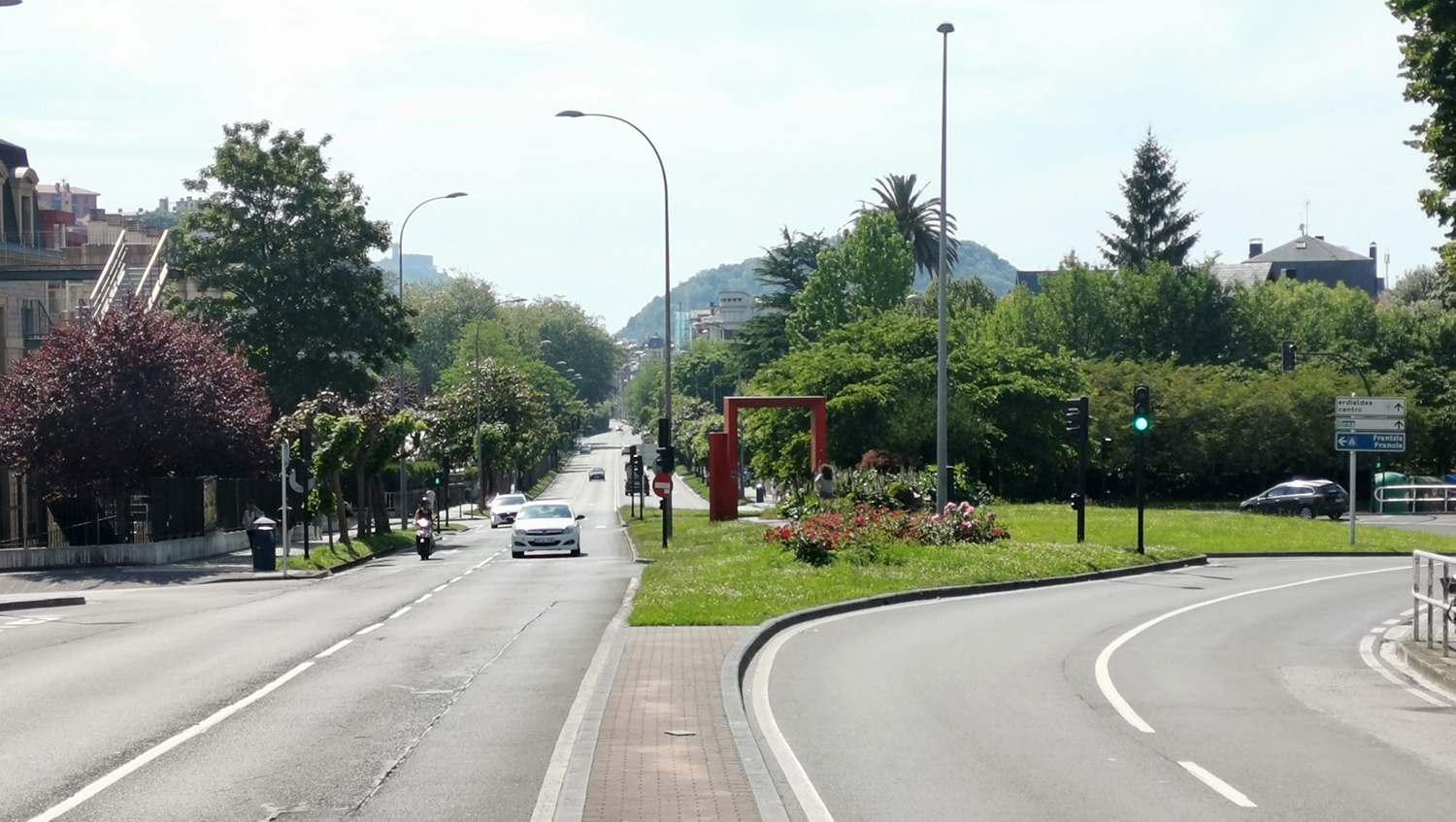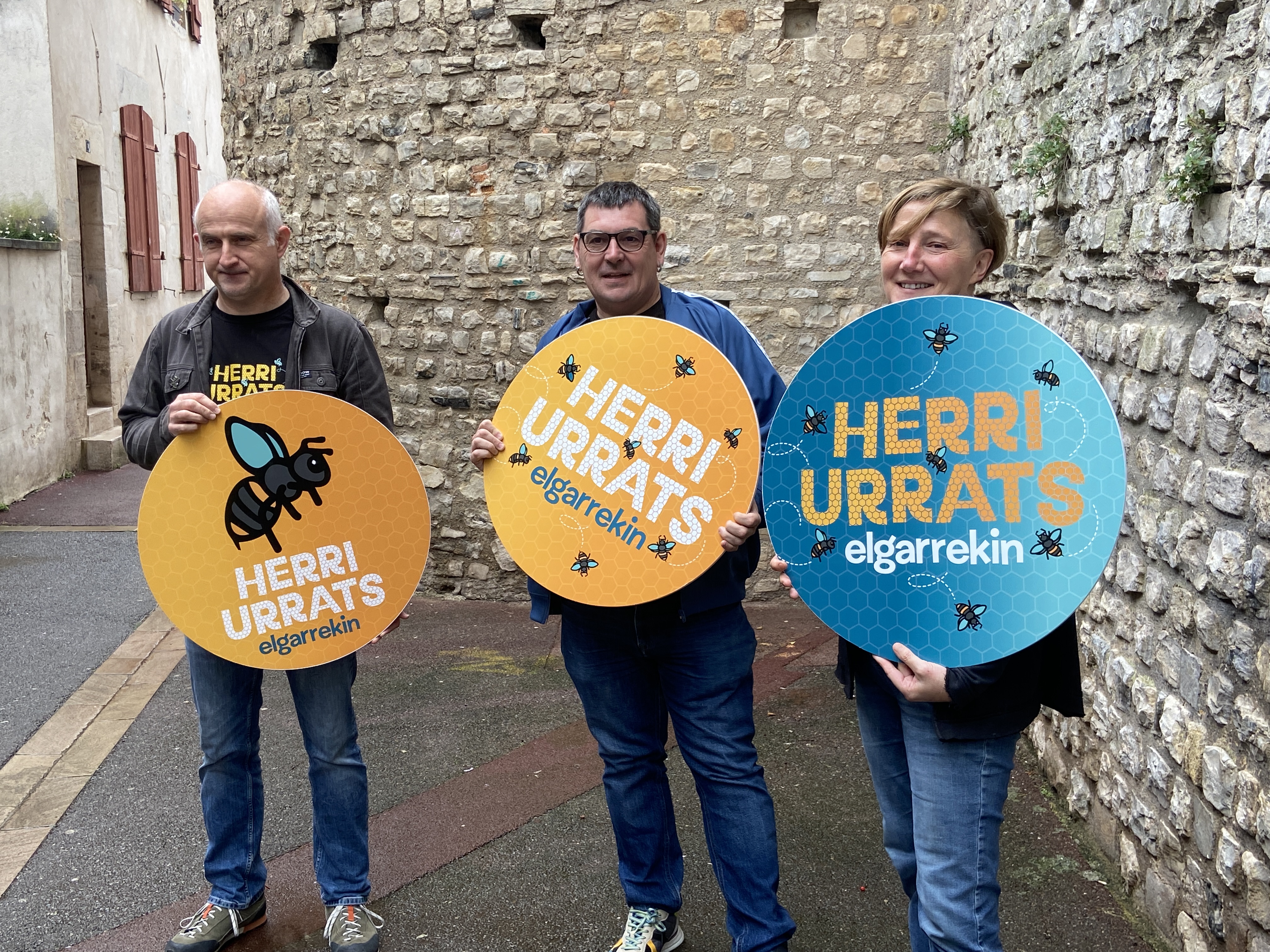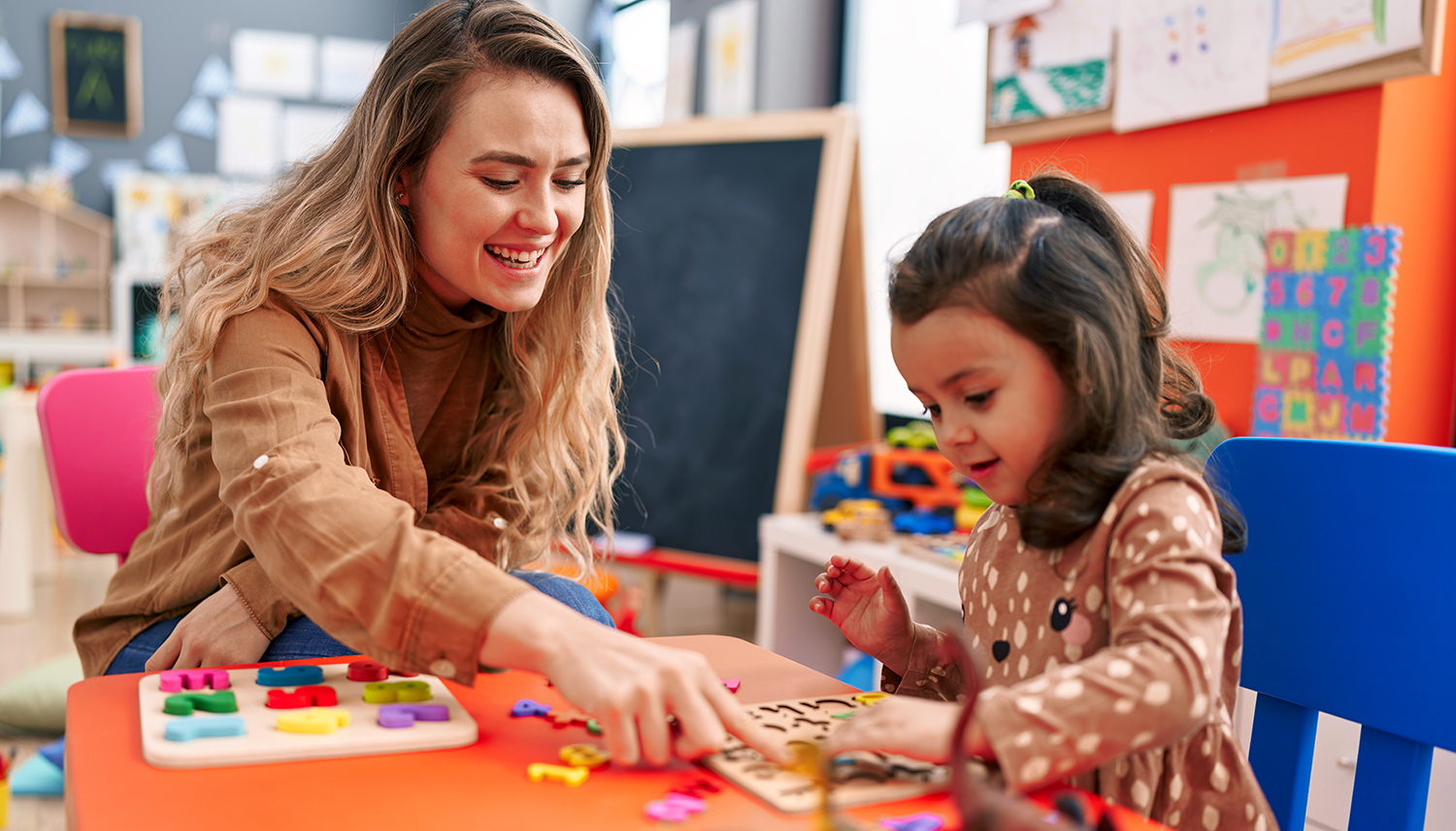The Basque Government announces a process of debate on the use of mobile phones in classrooms
- The Basque Government Education Counselor has encouraged teachers to use artificial intelligence at school so that they are not afraid of digital transformation. He has also announced a process of reflection on mobile use in the classroom: “There is no clear evidence on the influence of this use.”

Artificial intelligence “has come to stay” and “we often don’t know how to manage it in the classroom”, but “it has to be addressed yes or yes” and that tool “has to become an opportunity”, said the Basque Government Education Advisor, Begoña Pedrosa, in the Summer Courses of the UPV/EHU. In Pedrosa's words, the professor has two options: turning artificial intelligence into an ally, or overlooking and looking elsewhere. He has warned the education community that you don't have to be afraid of digital transformation in classrooms.
He added that in the field of digitisation, continuous training will be given to teachers to make critical use of technology, among other things. In the context of the digital transformation of the educational centers of the CAPV, it has announced that this course will be created a group of liberated professionals that will be dedicated to the creation of digital didactic resources.
Mobiles at school, yes or no?
Although agreement and a firm decision on the subject have been reached in several territories, in Hego Euskal Herria each school center is left with the decision to authorize or not the mobile phone. The counselor explained that next month a period of reflection will be opened in all schools on mobile regulation in the classroom. “Another issue is whether or not to ban, and that debate needs to be conducted calmly. We want decisions to be made with conviction and with the consensus of families.” However, he pointed out that mobile phones are used "very little" in schools.
At ARGIA we have commented that the top organ of each center (among teachers, parents and students) decides if they can take their phones to school, in Hego Euskal Herria. In many schools, students can only use mobile phones at recess, but it is difficult to control that in the classroom you are not talking about Smartphone. Many centers have prohibited moving the phone directly to the center, seeing that in class hours the noise of the notification of the mobile fired the students, who spend the time glued to the screen during the recess and who often records without permission their colleagues and teachers with the mobile.
They do not prohibit it, they are convinced that children and young people must be taught to use their phones correctly and that it is pedagogically an excellent tool, while those who are in favour of authorizing the mobile in school are convinced of it. Some see it well that it is only allowed in play time, arguing that the rest time of oneself can be used à la carte and that it offers spaces to socialize mobiles and connect with the world.
You focus on the tools, but the tools are constantly changing, and so understanding digitalization is thinking that you learn to draw by buying a lot of paintings and the best ones.
Call to rethink the digitization and landing of artificial intelligence
The digitalization of education seems to be strategic, it's on everyone's lips and has taken a lot of speed in recent years, but we don't all understand equally what the digitalization of the school is, and in some countries they've already started to slow down and rethink the direction. As we had in ARGIA, often, from a primary point of view, the focus is on the instruments, but the tools are constantly changing, and understanding digitization is to think that you learn to draw by buying lots of paintings and the best ones. “There is a lack of people to guide, not to be afraid of technology, to explain to the teachers what is essential and what is secondary,” said expert Pablo Garaizar.
The Education Counselor has encouraged teachers to use artificial intelligence, but some have a lot of concerns about whether the work done by the students is done by themselves or by artificial intelligence. Pablo Garaizar also gave us some keys to this: “Many studies with technology create the illusion or illusion to learn; when you’ve prepared a very powerful presentation, you think you’re learning a lot, but maybe three months don’t remember the content, but what it took you to do animation. With ChatGPT it is similar: the end result is very powerful, more powerful than hand made, but almost everything has been done by the machine. That is, better results can be achieved, but we are suffering losses in the process, because without training it is difficult to improve, and teachers cannot think that technology improves learning because we have better results; the problem is to look only at the result, not the process; we have to change the way we evaluate.” How do we evaluate in the artificial intelligence era? “In an offline evaluation, in a classic test, ChatGPT can be completely avoided, but when you want to evaluate throughout the quarter through the work, you cannot guarantee that artificial intelligence is not going to be used, you should have more daily monitoring, for example, it is suspicious that a student has made a sudden jump from day to day. That, however, turns us into policemen and that is why two trends have been imposed: the teachers who do very rigorous this monitoring and those who pass, those who continue to evaluate as always”.
We have had to endure another attack on our language by the Department of Education of the Government of Navarre; we have been forced to make an anti-Basque change in the PAI program. In recent years, by law, new Model D schools have had to introduce the PAI program and have had... [+]
Public education teachers have the need and the right to update and improve the work agreement that has not been renewed in fifteen years. For this, we should be immersed in a real negotiation, but the reality is deplorable. In a negotiation, the agreement of all parties must be... [+]
Garai kuriosoak bizi ditugu eta bizi gaituzte, zinez. Hezkuntza krisian dela dioten garaiak dira eta, gutxien-gutxienean, aliritzira, ba aizue, 2.361 urte ditu gaurgero boladatxoak.
Ez zen ba debalde joan Aristoteles bere maisu maite Platonen akademiatik lizeo bat muntatzeko... [+]
Lehengai anitzekin papera egitea dute urteroko erronka Tolosako Lanbide Heziketako Institutuko kimika industrialeko ikasleek: platano azalekin, orburuekin, lastoarekin, iratzearekin nahiz bakero zaharrekin egin dituzte probak azken urteotan. Aurtengoan, pilota eskoletan kiloka... [+]
















